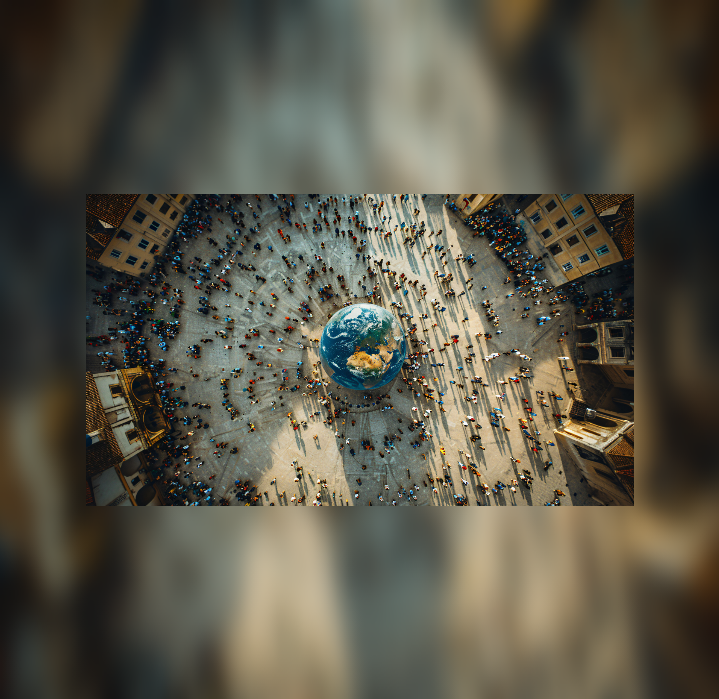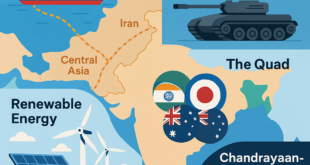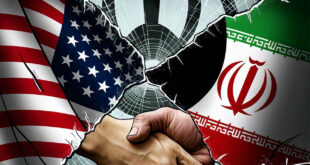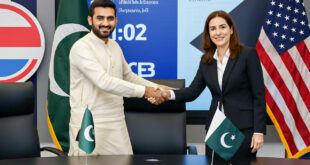Global institutions play important part in shaping global politics by enabling cooperation, conflict resolution, and policymaking. In recent global dynamic changes occur, which greatly affected their work and progress, contributing to a re-evaluation of their roles in a world that is rapidly becoming multipolar.
Opposing Traditional Models of Cooperation
The world of international aid is undergoing significant changes. By lowering their international aid funds, several contributors such as the United States and the United Kingdom have redirected funding to focus on national issues.
The government’s wise decision of dissolving the United States Agency for International Development (USAID) has raised worries over a reduction in the USA’s position in international growth and the potential for competing powers to take advantage of it.
Reducing foreign aid might allow competitors like China and Russia to challenge U.S. leadership, according to almost 700 countries.
European countries are also reducing aid due to their economic difficulties. A more general view of global assistance is reflected in the shift toward transactional aid, which places a greater value on investments with strategic or economic upside rather than only humanitarian purposes.
More than its occasional problems, aid continuously plays an important role in the combat against poverty and advancements in global health.
Bretton Woods Institutions’ Difficulties
The International Monetary Fund (IMF) and the World Bank, two foundations of the post-World War II world economic order, are facing enormous obstacles.
Due to discussions of a prospective U.S. departure, questions have been raised about the sustainability of these institutions over time.
Given its major interest in both organizations, the United States’ potential failure might lead to financial instability, weaken American influence in global finance, and allow nations like China to take on greater responsibility.
Such a shift may also restrict these organizations’ funding capacity, which would prevent them from creating global economic stability.
Geopolitical Conflicts and the Honesty of Organizations
International organizations’ neutrality and efficiency are being threatened by the growing infiltration of geopolitical rivalries. For instance, after Russia invaded Ukraine, the Arctic Council was under a lot of stress.
The seven other member states of the Council responded by condemning the invasion, which effectively halted much of the Council’s multilateral work and stopped collaborative projects with Russia.
This response strained the inclusivity that had previously defined the Council’s operations by highlighting deeper divisions between Russia and the Western bloc.
Future prospectus
International organizations need to reconsider their roles and strategies. They must have change for flexibility, inclusion, in the perspective of emerging economies in order to remain effective.
Strong institutions are necessary for handling difficult global issues and developing cooperation as it will restore credibility through encouraging transparency and equal access.
Geopolitical stability of international organizations is challenge by evolving alliances and new powers. Their effectiveness in today’s complex issues depend on their capacity for modification. Because of their ability like settle conflicts and influence policy they have long been important actors and led to a review of their roles in a world that is becoming more multipolar.
By: Eraj Siddiqui ( karachi).
 Top Trends Blogs
Top Trends Blogs




